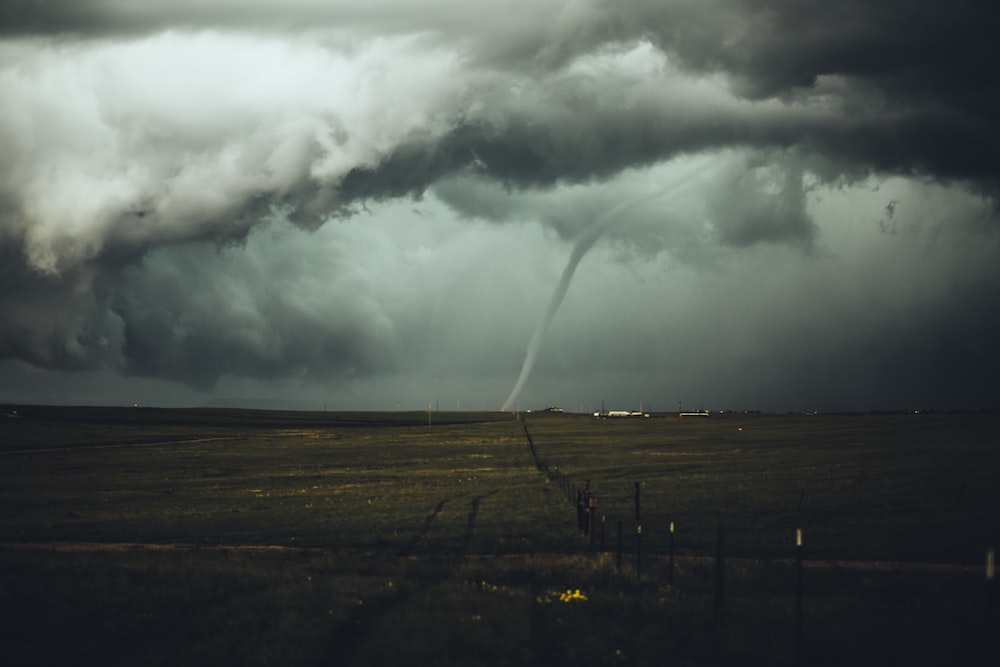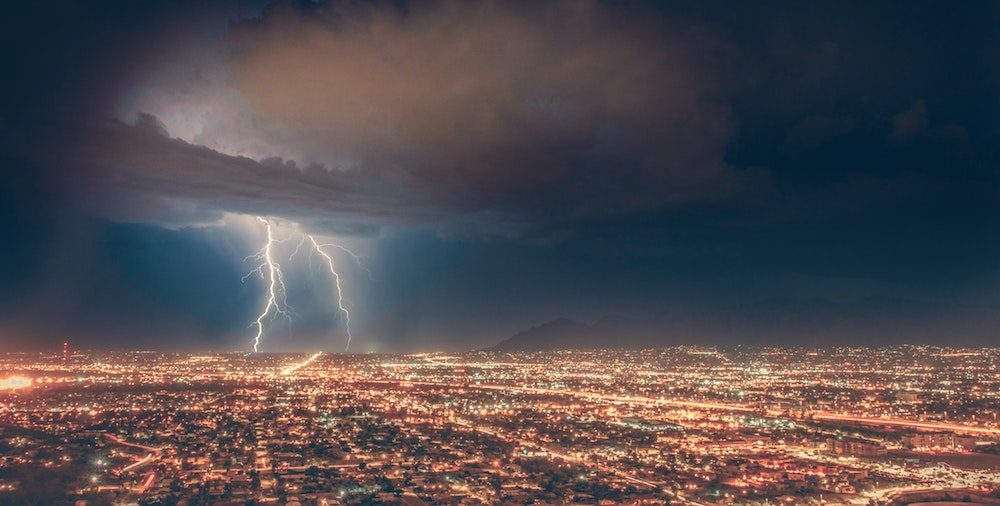Disaster plans have become underrated. Unless you live near a fault-line or within disaster-prone areas, many young professionals do not ponder this issue – not until it’s right in front of them! It’s barely possible to be either alert enough or fast enough to do anything else but save yourself in an ongoing calamity. I always say that it’s a matter of when, not if something bad like a disaster will affect you. It could be a physical disaster (hurricane, earthquake etc) or a financial disaster (job loss, recession, accident) but they are all something that can really affect you.
This is where preparedness comes in. Not only will an emergency plan save your life during a disaster, but it can also save you even afterward. Life must go on, but how do you do that if you’ve placed your money where the flood can carry it away?
Nothing Beats Awareness
When it comes to disaster planning, nothing beats thorough awareness. It’s hardly feasible to create an efficient plan when you’re not entirely sure what you’re planning for. Have you surveyed your neighborhood? Are you aware of your local disaster avoidance plan? When it comes to such serious emergencies, it’s crucial to understand that you have an entire community that will suffer with you. Communicate with your local authorities and your community personnel to receive information and updates on disaster plans.
One thing you mustn’t overlook is the disaster itself. Consider the history of the vicinity where you reside. Hurricanes, floods, and earthquakes can have varying effects depending on geography. While you’re at it, don’t skip interesting facts you’ll come across. How are hurricanes named? Can hurricanes uproot a house? If it makes you feel more prepared, by all means, Google it!

Nothing Beats Insurance
Insurance can be a tricky thing, and no one likes paying for insurance, until you need it! You can be insured for some things under your homeowner or renter’s insurance, but not in case of earthquakes and floods. Your property may be insured, but it doesn’t cover replacement costs. You’ve unknowingly chosen cash value in your policy because it’s less expensive, and you had no idea it wouldn’t be as efficient in case of emergencies.
If you haven’t started on any form of insurance, the best time to start is now. Do your research, interview your responsible peers, and study different policies. Compare them against your budget and go for your best options. Don’t worry about not having everything covered instantly if it’s not possible. Your best course of action is to plan for it so you’ll get the insurance you need soon enough.
Nothing Beats Savings
You’ve been told since you were young that saving money is important. It’s a time-old piece of wisdom that everybody knows to be true but can’t follow. Now is the time to face your financial demons. Determine where all your money is going and redirect enough to your savings.
Once you’re more sure of your footing in this arena, start an emergency fund next. “Savings” is a broad term that implies you could be saving up for anything. An “emergency” fund won’t feel as acceptable to compromise if you need a new smartphone. If you feel you can’t trust your self-control, place this fund in another bank account. A big disaster might not happen near you anytime soon, but you can take comfort that if it does occur, you have the financial capacity to recover.
Nothing Beats Wisdom
Taking on a more responsible stance when it comes to your finances is challenging. There’s so much to see and so many things to buy, it’s impossible to keep up.
They key lies in setting priorities. You don’t have to give all of these up for your emergency fund. Saving for a natural disaster may mean postponing trips and purchases. Once you’re accumulated a considerable sum, you’ll feel better about spending on other things afterward. After all, you’re already financially prepared no matter what comes your way.
Disclosure: Some links are affiliate links that earn me a commission.


 Personal Finances are certainly top of mind for many of us. If you're looking to get serious about improving your financial situation, we've got lots of great materials all over this site! Additionally, we realize that there's a lot of noise out there, and so we created PERSONAL FINANCIAL GUIDES focused on topics with all the info you need, and without any of the noise/ads/clickbait.
Personal Finances are certainly top of mind for many of us. If you're looking to get serious about improving your financial situation, we've got lots of great materials all over this site! Additionally, we realize that there's a lot of noise out there, and so we created PERSONAL FINANCIAL GUIDES focused on topics with all the info you need, and without any of the noise/ads/clickbait.